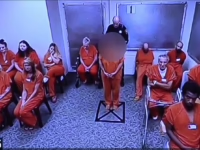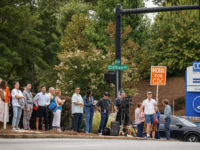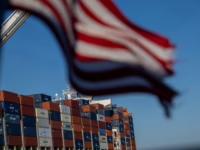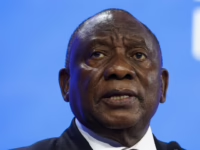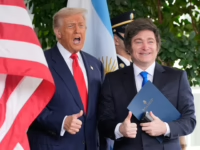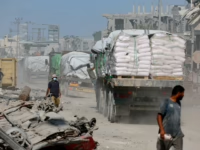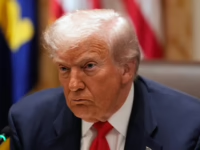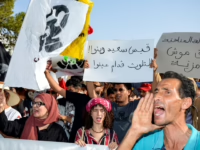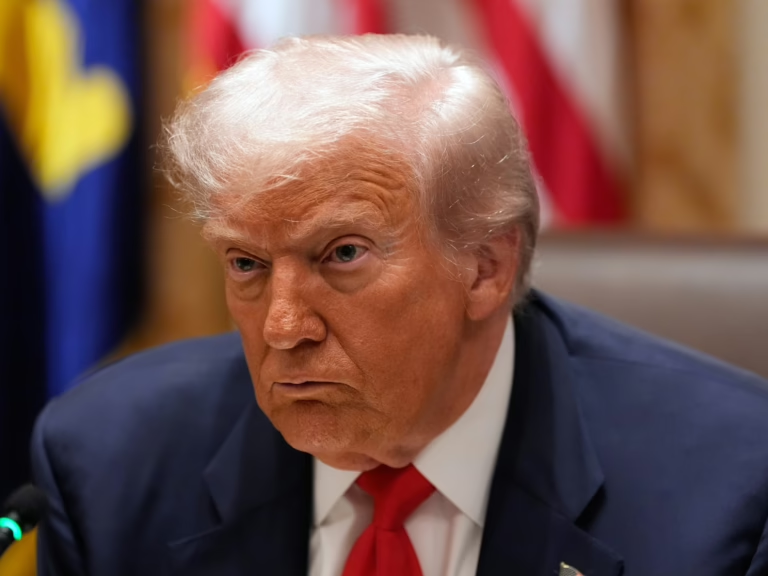President Donald Trump has revealed that the United States executed another airstrike targeting a vessel near Venezuela’s coastline, once again accusing the ship of drug trafficking activities.
In a statement posted on social media this Tuesday, Trump reported that the strike resulted in the deaths of six individuals.
Related Articles
list of 3 itemsend of list
“Acting under my authority as Commander-in-Chief, the Secretary of Defense authorized a lethal kinetic operation this morning against a vessel linked to a Designated Terrorist Organization (DTO),” Trump stated.
“This operation took place in international waters, eliminating six male narcoterrorists aboard the craft. No American personnel were injured.”
Trump did not provide concrete proof to substantiate his claim that the vessel was engaged in narcotics trafficking.
Consistent with previous incidents, he released an unclassified video showing the strike, which depicted a small boat seemingly stationary on the water before being struck by a US missile.
This recent strike marks the fifth such US military action in the Caribbean Sea targeting suspected drug trafficking vessels. Analysts and human rights organizations have criticized these strikes as violations of international law, noting that drug traffickers do not meet the criteria of armed combatants.
Despite questions surrounding their legality, these strikes have become routine over the past six weeks.
The initial strike occurred on September 2, resulting in 11 fatalities. Subsequent attacks on September 15 and 19 each caused three deaths.
A fourth strike on October 3 reportedly killed four individuals, according to US Defense Secretary Pete Hegseth. With Tuesday’s operation, the confirmed death toll has reached 27.
In every instance, Trump and his administration have justified the airstrikes as necessary measures to prevent “narco-terrorists” from delivering lethal drugs to the United States, although details about the vessels’ occupants, cargo, and intended destinations remain unclear.
US forces frequently intercept suspected drug trafficking boats at sea as part of broader efforts to disrupt narcotics smuggling into the country.
However, critics argue that these deadly strikes exemplify Trump’s aggressive expansion of executive power, both domestically and internationally.
Meanwhile, Trump has sought to establish a framework for international cooperation against drug cartels through various executive directives and public statements.
For example, in early October, the administration notified Congress that the president had classified the US conflict with drug cartels as a “non-international armed conflict,” labeling cartel members as “unlawful combatants.”
Earlier reports from August revealed that Trump had secretly authorized military strikes targeting drug trafficking organizations.
This approach continues a sustained effort by the administration to redefine drug trafficking as an act of foreign aggression.
Since February, the administration has pursued designations of numerous criminal and narcotics groups as “foreign terrorist organizations” (FTOs), a move that human rights advocates warn could justify expanded US military interventions overseas.
Last week, the US Senate rejected a bill proposed by several Democratic senators that would have mandated congressional approval before any future strikes on drug trafficking vessels.
The recent attacks coincide with a buildup of US military presence in the Caribbean, including enhanced deployments at bases in Puerto Rico.
The surge in fighter jets and other military assets in the region has sparked speculation about potential operations against Venezuela.
Trump has maintained a confrontational stance toward Venezuelan President Nicolás Maduro, reiterating on Tuesday unproven claims that Venezuela facilitates the infiltration of foreign criminal gangs into the United States.
“We receive drugs and other harmful substances, but what’s worse is the criminals they send into our country,” Trump said during a White House briefing, repeating unsupported allegations.
“They are very effective at sending their criminals here, including members of Tren de Aragua.”
However, a US intelligence report declassified in May found no evidence linking Maduro to directing the Tren de Aragua gang or orchestrating its activities within the United States.



